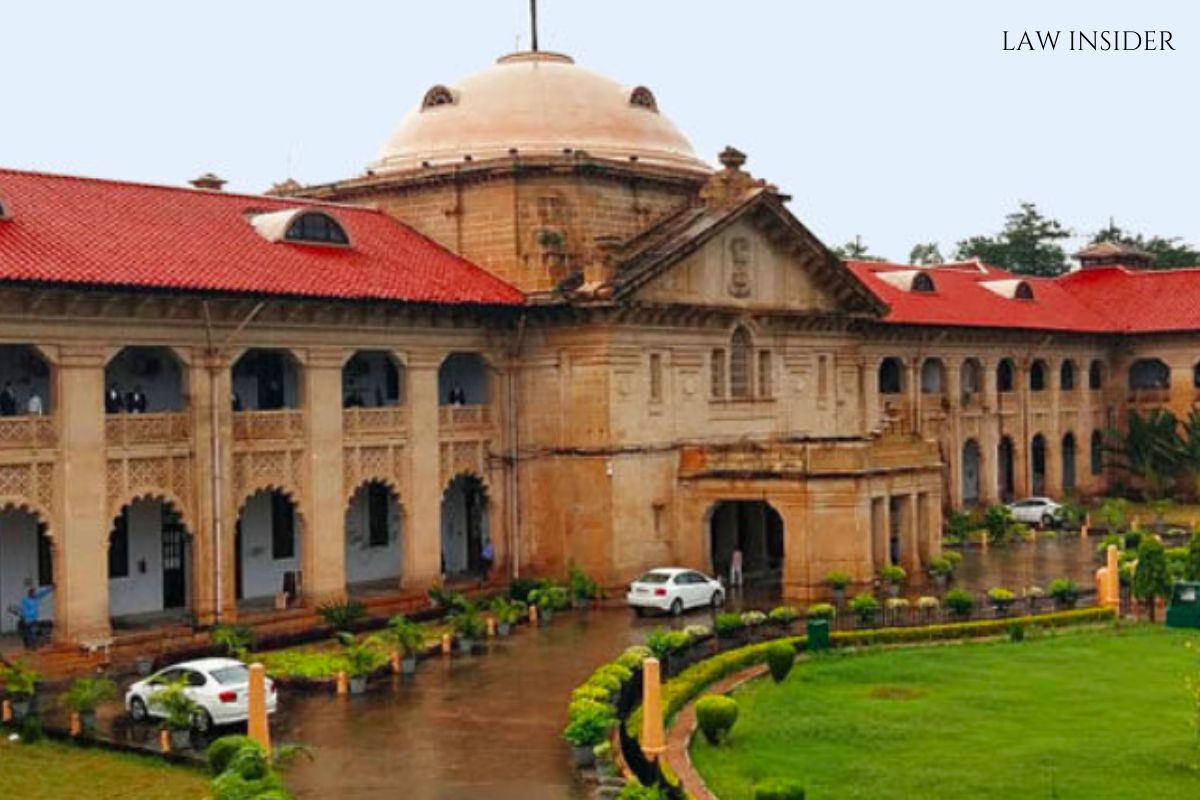LI Network
Published on: December 19, 2023 at 15:48 IST
The Allahabad High Court made a noteworthy pronouncement, stating that the religious identity of the Gyanvapi Complex, as of August 15, 1947, is subject to determination by the Varanasi Civil Court. Until the Varanasi Court adjudicates this matter based on documentary and oral evidence from both parties, the High Court asserted that categorizing it as either a temple or a mosque would be premature.
Justice Rohit Ranjan Agrawal’s bench declared that pending civil suits, particularly the 1991 suit, before the Varanasi Civil Court, filed by Hindu worshippers and a deity seeking worship rights in the Gyanvapi mosque and restoration of the temple within the Gyanvapi Complex, are not barred by the Places of Worship Act 1991.
The High Court rejected pleas filed by the Anjuman Intezamia Masajid Committee challenging the primarily 1991 suit, emphasizing that determining the Masjid compound’s Muslim or Hindu character is premature at the issue-framing stage.
Regarding the application of the Places of Worship Act 1991 in the Gyanvapi-Kashit title dispute cases, the Court opined that the Act does not absolutely bar parties from seeking their worship rights or defining religious character post-enforcement.
The Court clarified that the relief sought by the plaintiffs in the suit is a declaration of the structure’s religious character, not converting a place of worship. It emphasized the necessity of taking evidence regarding the entire Gyanvapi compound to determine its religious character.
The Court dismissed the defendants’ argument, relying on the Din Mohammad (1936) case, that the religious character of the disputed place is already settled. It pointed out that Din Mohammad permits plaintiffs to offer Namaz in the alleged Mosque but doesn’t establish the place’s religious character.
Regarding the ASI survey ordered by the Varanasi Court in 2021, the High Court acknowledged that the ASI has already surveyed the complex in a 2022 Suit filed by 5 Hindu women. It deemed directing another ASI survey futile but did not question the Varanasi Court’s order. The Court directed the ASI to submit its report from the 2022 survey for consideration in the 1991 suit.
Conclusively, the Court ruled that the 1991 suit was not barred by the Places of Worship Act 1991, urging an expeditious resolution within six months due to the national importance of the dispute.
Case Title: U.P Sunni Central Waqf Board vs. Ancient Idol Of Swayambhu Lord Vishweshwar And 5 Others along with connected matters

